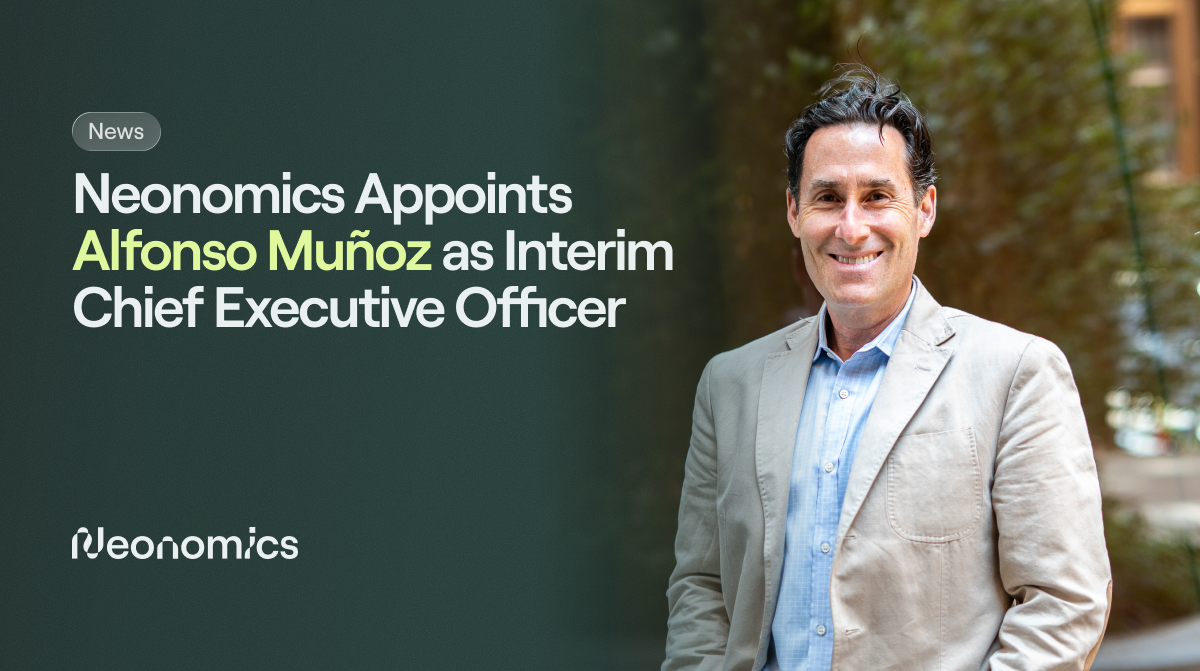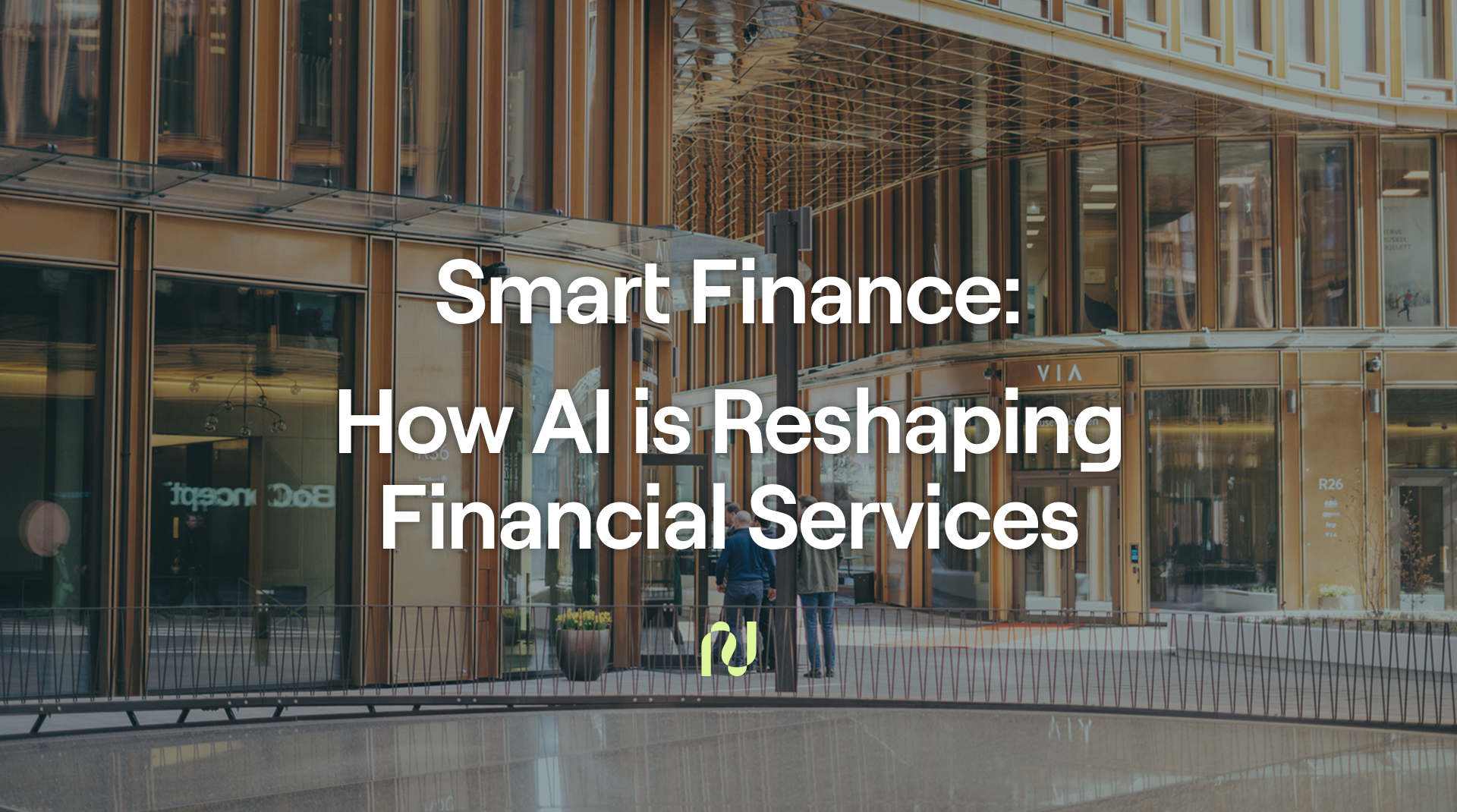
Industry Insights - January 2023 Recap
Welcome to Industry Insights, our monthly recap of what’s shaking in the open banking and alternative payments industry. At the onset of the new year, we predicted that open banking will go mainstream in 2023 and outlined some of the key trends to watch.
So, what are we seeing one month in? Digital payment adoption across the board - from buying burgers like you pay tolls, taking friction out of subscriptions, demand for digital wallets, and in-store payment evolution. Let’s take a look!
In-car wallets 🚘
Capitalizing on the rise of contactless payments and the convenience of automatic tolls, automakers are looking to leverage new payment technologies to streamline your commute and build new revenue streams. If you’ve found mobile wallets convenient, in-car wallets will allow you to pay for fuel, parking, electric vehicle charging, drive-thru meals, or anything else from the comfort of your driver’s seat. For example, in-car technology providers are launching in-car ordering systems in collaboration with restaurant chains to drive sales and reduce order, drop-off, and payment point friction.
According to Juniper, the annual value of in-car payments through partnerships and subscription services with merchants will reach $86 billion by 2025.
Removing friction from subscription payments ⚡️
A recent article by ClearSale in Payments Journal, calls attention to how reducing billing friction can reduce subscription customer churn. 70% of customers report that they prefer to use digital wallets instead of credit cards for online purchases. 40% of customers will switch subscription for easier billing and 23% are willing to pay more for services with better billing.
The roll-out of recurring and variable recurring payments (VRP) through open banking providers in the UK and Europe this year will contribute to reducing friction related to card payments even further, by eliminating expiration dates, reducing fraud, and delivering higher conversion rates.
Digital wallets on the rise 📈
In response to the rising popularity of digital wallets, seven of the largest American banks will offer their own digital wallet in partnership with Visa and Mastercard. The new wallet, designed to compete with ApplePay and PayPal, will launch with 150 million debit and credit cards available for use.
As demand for digital wallets increases, open banking providers are seeing a similar increase in use cases related to streamlining bank transfers for digital wallets top-ups. From investment platforms to neo-banks to new digital savings applications, consumers and fintechs are looking for better deposit solutions for opening new accounts and topping-up accounts.
Online payments influencing in-store demand 🛒
The growing availability of choice, convenience, and efficiency when paying online is changing consumer expectations at in-store checkouts. According to a recent survey by American Express and PayPal, 50% of shoppers report that payment choice is an important factor in the in-store shopping experience and 67% of shoppers said that they are more likely to shop with small to medium businesses (SMBs) that offer their preferred payment method.
As a result, SMB retailers are looking to take a page from online retailers' playbooks. Grocery retailers are prioritizing payment choice, fraud detection, and customer data tracking, pharmacy and convenience stores are focusing on improving engagement, and non-grocery retailers are leveraging customer data to offer loyalty programs, improve refunds, and optimizing payments.
Bank payment or card? 🏦
Payment service providers (PSPs) are helping to drive alternative payment adoption in response to consumer demand. Consumers are beginning to see a range of payment options online beyond credit and debit cards including Apple Pay and Google Pay and direct bank payments made possible by open banking. Many banks are seeing this trend and are creating their own PSPs from their payment infrastructures. According to John Bertrand of Tec 8 Limited in the UK, being asked if we would like to “pay by bank or card” at checkout will soon become the norm as open banking adoption continues to increase.
If January is any indication, delivering payment choice and convenience to improve customer experience will be key for sales growth in 2023.
Want to learn more about how you can meet changing payment expectations using open banking? Read our latest product paper - power your business with open banking










.png)
.png)
